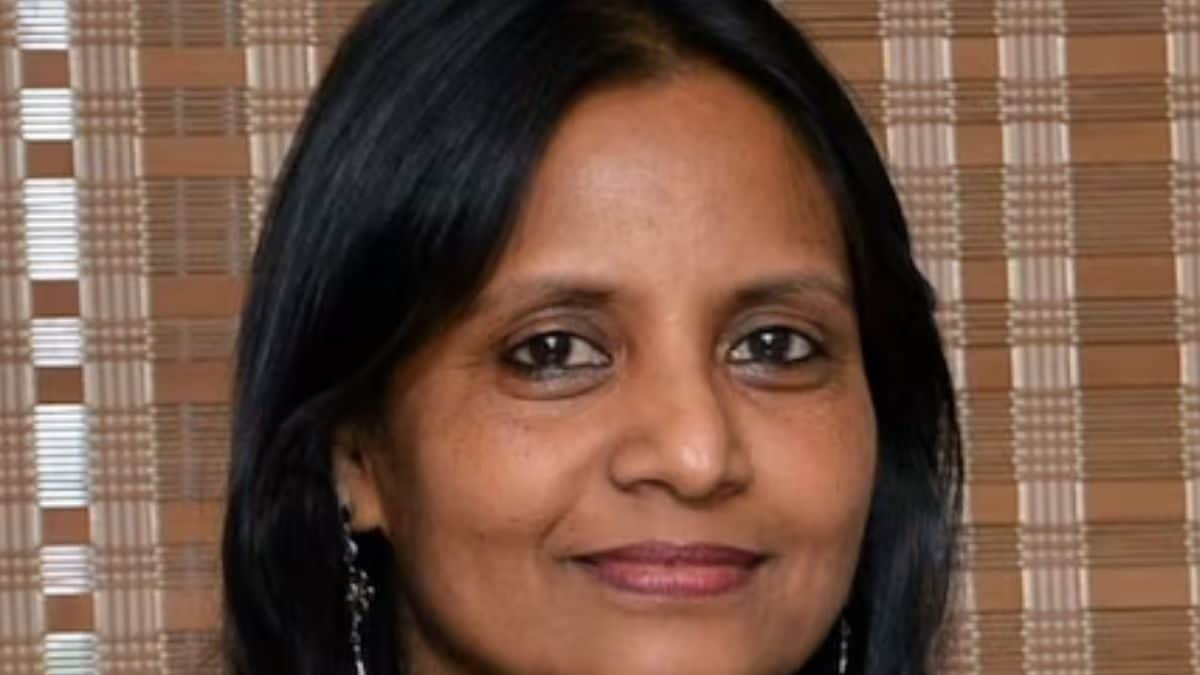Meet IAS Officer Supriya Sahu, The Environmentalist Who Holds A Guinness World Record

Supriya Sahu gained popularity during her tenure in Nilgiri Hills.
She is an environmentalist and has launched various initiatives and operations during her posting in Tamil Nadu.
IAS officer Supriya Sahu is a name that has been shining bright for the last 20 years, ever since she was posted as district collector in the Nilgiris (Tamil Nadu). She had launched a People’s Campaign Against Throwaway Plastic, which was way ahead of its time. She is known for her stances on the environment’s welfare and her Guinness world record. Born in 1968 in Uttar Pradesh, Supriya Sahu graduated from Lucknow University. She did her post-graduation in Botany. She was always good at academics. She passed the UPSC Civil Services Examination in 1989. She got training from LBSNAA till 1991 and got her first posting as Additional Collector. Later, she was posted as Chief Executive Undersecretary in Tamil Nadu.
A well-known IAS, she gained popularity during her tenure in Nilgiri. She is an environmentalist and had launched various initiatives and operations during her posting in Tamil Nadu. She launched Operation Blue Mountain, the purpose of which was to ban plastic in the district. As Collector of Nilgiri district, Surpiya also launched a campaign to mark the ‘International Year of Mountains, 2002’. As a consequence, the people of Nilgiri planted 42,182 trees in 2003, thereby creating a Guinness World Record.
Recounting her experience of working in Nilgiris from 1999-2002, Surpiya once said in an interview, “The district gave me the opportunity to see nature in its most pristine form. It is a biodiversity spot and a place with indigenous people and several tribal groups. The people are simple and humble, and despite the differences in culture and language, it was an immersive experience.”
Back then, she had also launched an initiative for the first door-to-door survey of people living with disabilities. It was the first one-of-its-kind survey, speaking of which Surpiya said, “We made a list, organised a door-to-door survey and gave people with disabilities certificates at their doorstep so that they could avail of benefits. Both the anti-plastic campaign and this project were documented by the United Nations Development Programme (UNDP).”
Supriya believes that women’s contribution can be huge in fighting climate change; thus, she encourages them to participate in the same.

Atul Tiwari is a seasoned journalist at Mumbai Times, specializing in city news, culture, and human-interest stories. With a knack for uncovering compelling narratives, Atul brings Mumbai’s vibrant spirit to life through his writing.





